Ted ‘Grocer’ Heath, as he will always be for me, was chosen by his fellow MPs to be their leader in 1965 as the Tory answer to Harold Wilson. After two Old Etonian patricians, Macmillan and Douglas-Home, the Grocer was a grammar-school boy, a meritocrat who would spearhead a new-look, classless Conservative party.
He was a clever, hard-working man, totally devoted to his political career. Unfortunately, with his wooden stance and curious ‘neow-neow’ voice, he lacked charisma, a failing he would never have admitted, as Michael Gove did recently. I remember Heath presenting the awards at the annual What the Papers Say lunch in 1968 and you could see journalists furtively looking at their watches after only a few minutes of his speech. This man will never be prime minister was my firm conviction.
Yet two years later, proving once again that you cannot predict political outcomes, Heath won the general election to the surprise of everyone apart from himself. And almost immediately, as the many witnesses contributing to this interesting new book attest, things started to go wrong. ‘Something happened to Ted Heath once he became Prime Minister,’ David Howell recalls: ‘The old sparkle vanished.’ Ian Macleod, the star member of his team, died suddenly. Unemployment and prices rose, the trade unions grew increasingly militant and before long we had the three-day week and an ill-timed election which Heath lost. It came as something of a shock when he then lost a leadership contest to Margaret Thatcher the following year.
‘Reserved’, ‘buttoned-up’ and similar expressions recur in the reminiscences of Heath’s circle which Michael McManus has assembled. ‘Rude’ is another word which crops up regularly, though usually introduced with a note of regret and the urge to absolve Heath of being deliberately insulting. Yet there are too many stories of his bad manners, particularly towards women, many of whom had the misfortune to sit next to him at a dinner party only to be ignored throughout the meal.
Appropriately it was a woman in the shape of Margaret Thatcher who put paid to his career and then made things worse by pursuing, successfully, the radical policies which he had attempted but later abandoned. Poor Grocer was to spend the rest of his days nursing a grievance and thereby confirming what Anthony Trollope once wrote:
There is nothing perhaps so generally consoling to a man as a well-established grievance, a feeling of having been injured, on which his mind can brood from hour to hour allowing him to plead his own case in his own court, within his own heart and always to plead it successfully.
Speculation continues to this day about Heath’s sexuality with no firm evidence being produced, least of all to back up the latest far-fetched allegations, trumpeted by the Wiltshire police, of the abuse of young boys. What is certain is that Heath’s failures, most notably his long sulk, stemmed from his lack of a wife. ‘Behind every successful man,’ said Maryon Pearson, wife of Canadian prime minister Lester Pearson, ‘stands a surprised woman,’ and her necessary role is to quash any tendency on the part of her mate to think too highly of himself and to put a stop to his more pointless projects and feuds. A Mrs (or Lady) Heath would very soon have told the Grocer to snap out of it. As it was, left to his own devices he could sit for years in his grand house in the close of Salisbury Cathedral feeling sorry for himself.
I visited him there once, sent to do an interview by the Evening Standard, but it was a difficult task getting anything out of him. I remember the grand piano, its shiny surface covered with silver-framed photographs of the Grocer with Mao Zedong and other more successful contemporaries. I remember too the armed policeman in a sentry box in front of the house, though a would-be assassin could easily have taken a pot shot at him from the river bank at the rear where he would have been a sitting duck.
Increasingly vain and self-important, he commissioned John Piper to paint two pictures of his house and, thinking that he was doing the artist a great favour, didn’t pay him a penny. When he toured the country signing his coffee-table books — Music, Sailing, etc — a security man would go ahead advising booksellers that Mr Heath liked to be presented with a book from the stock, his preference being for expensive art books. He convinced himself that he was a great conductor, though professional musicians giggled about him behind his back. Once the string players of an orchestra all tuned their instruments up a semitone to see if he would notice, which he didn’t.
To his dying day he remained resolutely buttoned-up. Yet I always felt that beneath the buttons there was an unbuttoned-up man trying vainly to get out. Flashes of humour, of great warmth and kindness would emerge from time to time before the buttons were fastened once again. What caused him to be like that remains a mystery; and the only lesson to be learned from this revealing book is that politicians are peculiar people and that the Grocer was more peculiar than most.
The post The great sulker appeared first on The Spectator.
Got something to add? Join the discussion and comment below.
Get 10 issues for just $10
Subscribe to The Spectator Australia today for the next 10 magazine issues, plus full online access, for just $10.
You might disagree with half of it, but you’ll enjoy reading all of it. Try your first month for free, then just $2 a week for the remainder of your first year.

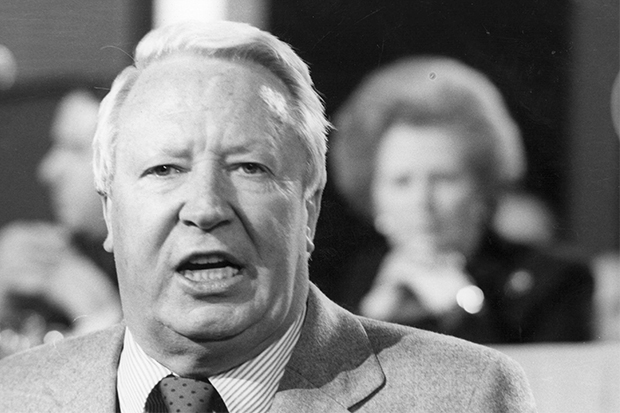
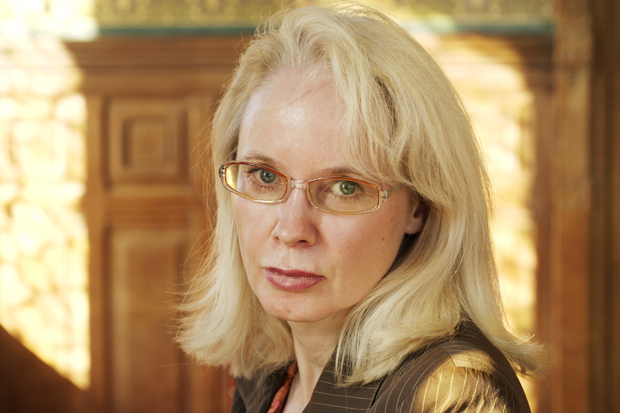

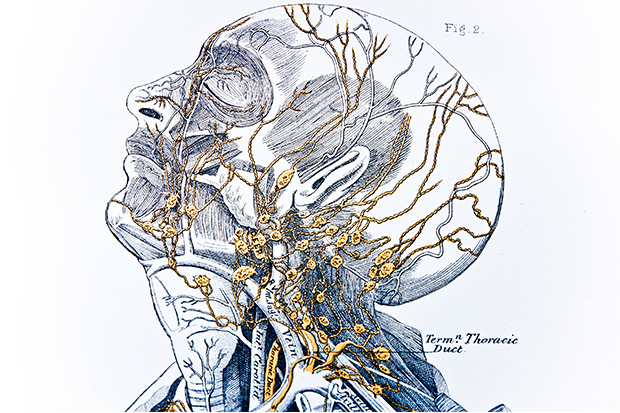
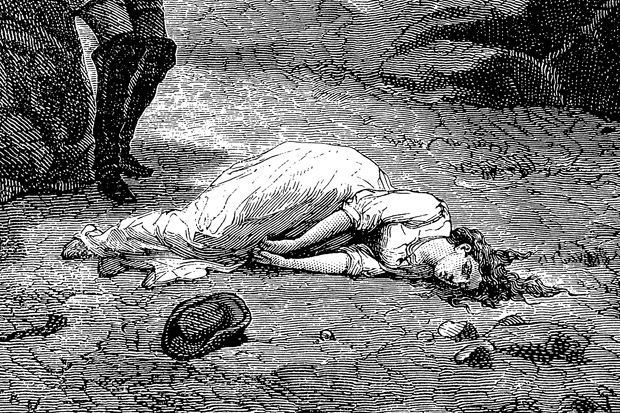
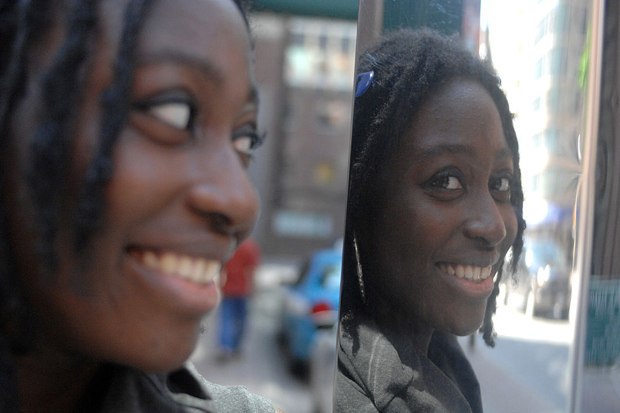







Comments
Don't miss out
Join the conversation with other Spectator Australia readers. Subscribe to leave a comment.
SUBSCRIBEAlready a subscriber? Log in